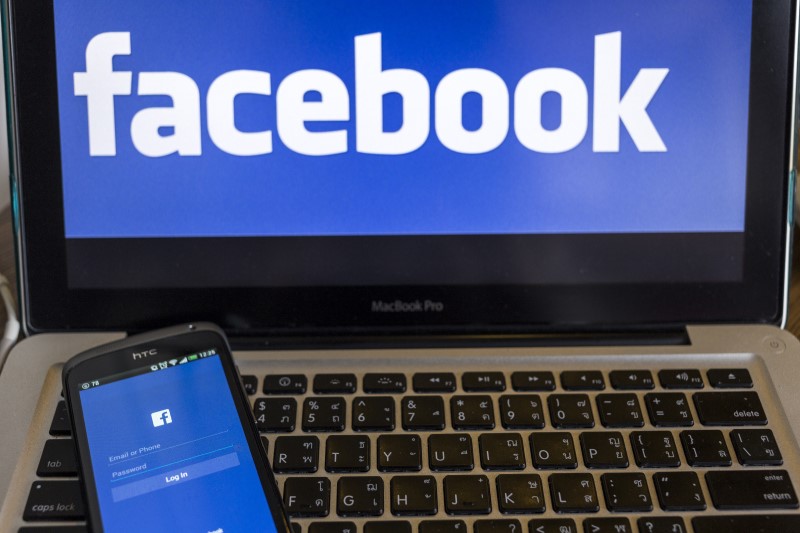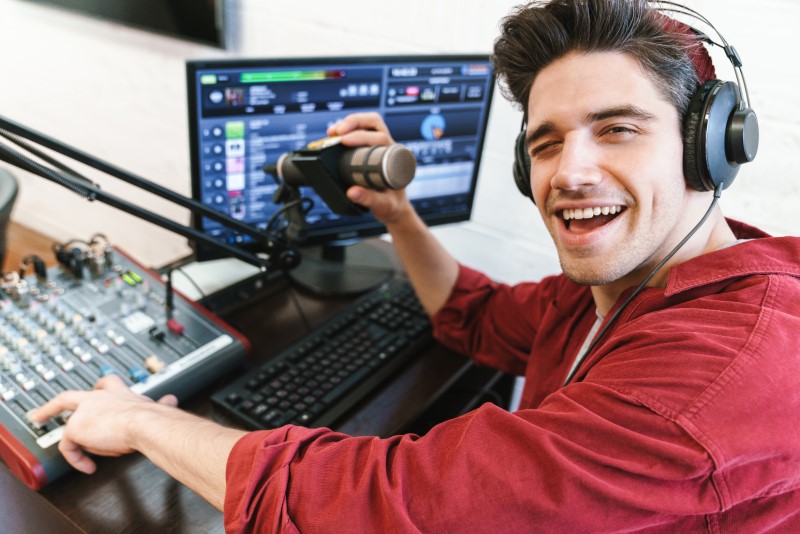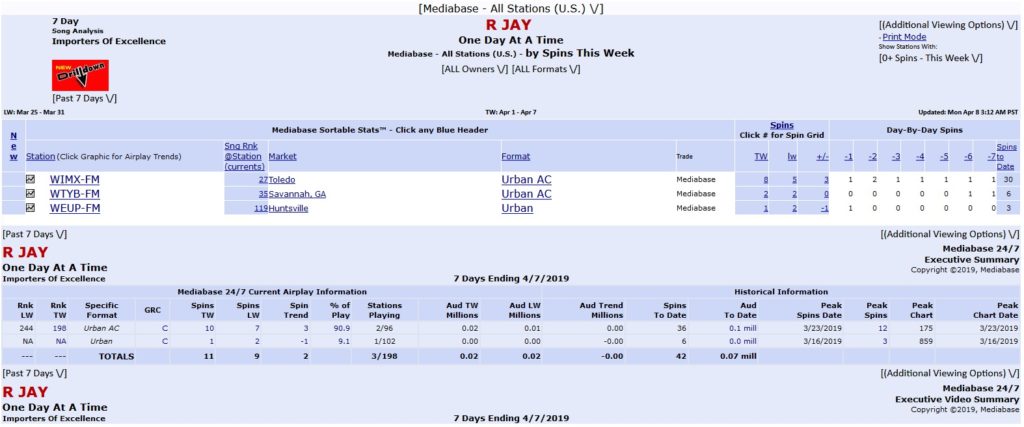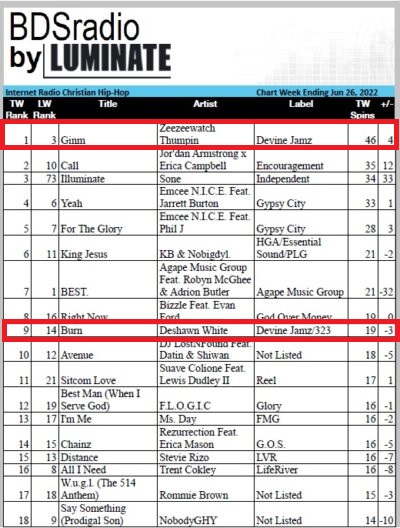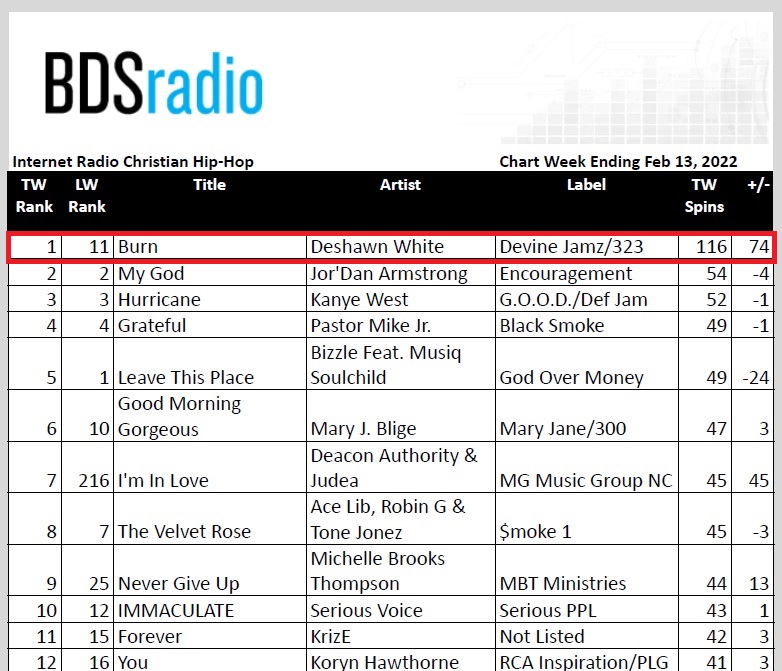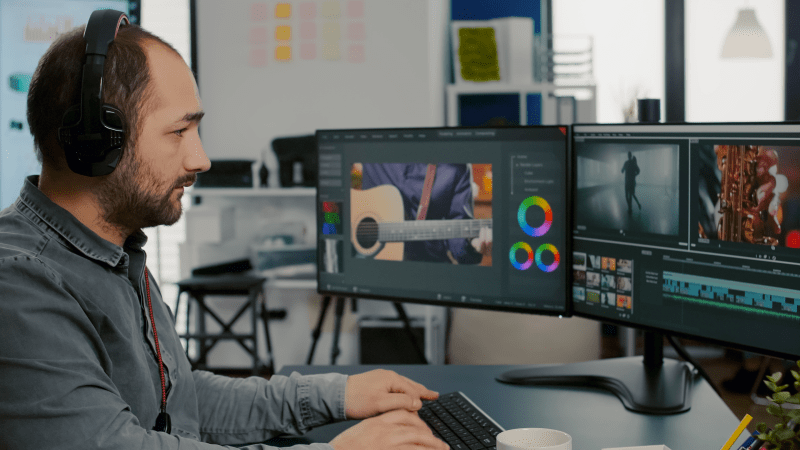The Expense of Marketing Expertise
Advertising and marketing play a crucial role in promoting music and reaching out to a wider audience. However, the cost of advertising and marketing music can add up quickly and often goes overlooked.
Advertising and marketing costs are often overlooked by recording artists in the music industry because they tend to focus primarily on their creative work, such as producing and recording music, and may not have a full understanding of the business side of the industry. Additionally, some artists may believe that their talent and music will speak for themselves and generate enough exposure and buzz without the need for extensive advertising and marketing efforts.
However, advertising and marketing are crucial components of the music industry, as they help artists reach a wider audience and build their brand. In the highly competitive music industry, where thousands of new songs are released every day, advertising and marketing can make the difference between a hit song and a missed opportunity.
Furthermore, the costs associated with advertising and marketing can be substantial, and many artists may not have the budget or resources to invest in these efforts. This is especially true for independent artists who are not signed to major labels and do not have the financial backing to support large-scale advertising and marketing campaigns.
In some cases, the cost of advertising and marketing is overlooked by recording artists in the music industry due to a lack of understanding of its importance and the costs associated with it, as well as a focus on the creative aspects of their work.
The bottom line is this; understanding the true expenses of these activities is essential for musicians, singer songwriters, music producers and other industry professionals who want to make informed decisions and allocate their resources wisely.
In this publishing, we list just 5 expenses that can be costly and why.
1. Public Relations: Hiring a publicist to manage media relations, secure interviews and reviews, and organize press events can be a significant expense.
Hiring a publicist to manage media relations, secure interviews, and reviews, and organize press events can be a significant expense for a recording artist for several reasons:
Expertise: Publicists are professional communicators and have the experience and contacts to effectively promote an artist and their music to the media. They have a deep understanding of the media landscape and the ability to craft compelling stories and pitches to secure coverage.
Time: A publicist saves the artist time by handling all media-related tasks and activities. This allows the artist to focus on their craft and avoid getting bogged down with administrative tasks.
Network: Publicists have a wide network of contacts in the media industry and can leverage their relationships to secure interviews, features, and reviews for the artist. They also have experience in dealing with the media and are equipped to handle any negative publicity that may arise.
Event Planning: Publicists can also plan and execute press events, such as album launches and listening parties, which can be a significant expense on their own. They handle all the details, from venue selection to media outreach and management.
Strategy: Publicists provide a strategic approach to media relations, helping the artist develop a long-term plan for visibility and exposure. They provide valuable insights and guidance to help the artist achieve their goals and reach their target audience.
In summary, a publicist offers a range of valuable services that can significantly enhance an artist's visibility and exposure. However, these services come at a cost, and the artist must consider their budget when deciding whether to hire a publicist.
2. Social Media Management: Running social media accounts professionally and consistently, often with the help of a team, can also be costly.
Running social media accounts professionally and consistently can be costly for several reasons:
Expertise and Skills: Running a successful social media campaign requires a wide range of skills, including content creation, strategy development, data analysis, and advertising. A social media management company typically employs a team of experts with these skills, who work together to deliver results. This expertise and the time required to deliver it comes at a cost.
Time and Resources: Maintaining a consistent and professional presence on social media requires a significant investment of time and resources. Social media management companies must create and publish high-quality content on a regular basis, respond to comments and messages, and engage with the community. All of these tasks require a lot of time and effort, which social media management companies factor into their fees.
Tools and Technology: Running a social media campaign requires access to a range of tools and technology, such as social media management platforms, graphic design software, and analytics tools. The cost of these tools and technology is often passed on to the client in the form of higher fees.
Campaign Strategy: A social media management company must develop a comprehensive campaign strategy that takes into account the client's goals, target audience, and budget. This requires research, planning, and coordination, which again adds to the cost of the service.
Advertising and Promotion: Social media management companies often help clients to advertise their products or services on social media, either through paid ads or influencer marketing. These additional expenses are often factored into the fees charged by social media management companies.
Understanding the Potential Expenditure
Social media platforms have become the go-to marketing channels for businesses of all sizes, and it's easy to see why. With billions of active users, social media platforms offer advertisers the ability to reach a massive audience in a cost-effective manner. But while social media advertising can be relatively inexpensive, it is important to understand the potential expenditure of running a social media ad campaign. Social media ad campaigns vary greatly depending on several factors, including:
Platform: Different social media platforms have different ad prices, and some platforms are more expensive than others. For example, running an ad on LinkedIn is generally more expensive than running an ad on Facebook.
Target Audience: The cost of social media advertising is often influenced by the target audience. If the target audience is large and general, the cost of running an ad will be lower. However, if the target audience is smaller and more specific, the cost of running an ad will be higher.
Ad Type: The type of ad you choose to run will also impact the cost of your social media ad campaign. Some ad types, such as video ads, are generally more expensive than other ad types, such as image ads.
Ad Location: The location where the ad will be displayed also influences the cost of social media advertising. For example, running an ad in the newsfeed is generally more expensive than running an ad in the right-hand column.
Ad Duration: The duration of the ad campaign will also impact the cost of social media advertising. Running a longer ad campaign is generally more expensive than running a shorter ad campaign.
Competition: The competition for ad space in a particular industry or niche also influences the cost of social media advertising. If there is a lot of competition for ad space, the cost of running an ad will be higher.
Controlling the Cost of Social Media Ad Campaigns
To manage the cost of social media ad campaigns, it is important to understand the factors that influence ad prices and to take a strategic approach to advertising:
Set a Budget: Before launching a social media ad campaign, set a budget for the campaign and stick to it. This will help you avoid overspending and ensure that you get the most value for your money.
Choose the Right Platform: Choose the right social media platform for your ad campaign based on your target audience, ad type, and budget. Don't be afraid to experiment with different platforms to see which one works best for your business.
Target the Right Audience: Make sure that you are targeting the right audience with your ad campaign. This will help you reach the people who are most likely to be interested in your product or service and reduce the cost of your ad campaign.
Use the Right Ad Type: Choose the right ad type for your campaign based on your goals, target audience, and budget. Video ads can be expensive, but they are also highly effective, so consider using them if they fit within your budget.
Optimize Your Ad Campaign: Regularly monitor and optimize your ad campaign to ensure that you are getting the best results for your money. Make adjustments to your ad campaign as needed to improve its performance and reduce its cost.
In conclusion, the cost of hiring a social media management company will depend on the size and scope of the campaign, the experience and reputation of the company, and the tools and technology they use. However, it can be a significant expense for many businesses and individuals looking to establish a strong and consistent presence on social media.
3. Radio promotion:
A radio promoter must determine if a song is good for terrestrial radio stations or internet radio stations by considering several factors:
Radio Format: Radio formats, such as Christian and Gospel, pop, rock, hip hop, country, and urban, are different and have specific audiences. A radio promoter must understand the radio format and the target audience of the station to determine if a song is a good fit.
Popularity: The popularity of a song is a significant factor in determining if it's good for radio airplay. A radio promoter will consider the current popularity of the song, its potential for popularity, and whether it's a good fit for the target audience of the station.
Lyrics: Lyrics play a significant role in determining if a song is good for radio airplay. A radio promoter will consider the content of the lyrics, the language used, and whether it's appropriate for the target audience.
Sound Quality: The sound quality of a song is important for radio airplay. A radio promoter will evaluate the sound quality of the song and determine if it's up to the standards of the station.
Competitor Analysis: A radio promoter will also consider the competition in the market and determine if the song will stand out and be competitive with other songs in the same genre.
Airplay History: The airplay history of a song is also important. A radio promoter will look at the airplay history of the song, including the number of spins, audience engagement, and the artist's history to determine if the song is a good fit for radio airplay.
Radio airtime is a valuable commodity and radio stations have limited airtime to sell, making it a premium service.
The cost of a radio promoter includes their expertise in selecting the right music to play on the radio, their ability to negotiate with radio stations, and their relationships with DJs and other industry players.
The process of promoting a song to radio involves many steps, including creating and distributing promotional materials, securing radio interviews, and coordinating promotional events, which can be time-consuming and resource intensive.
Radio promoters encode songs to ensure that the songs they promote are properly tracked and monitored for airplay. By encoding songs, they are able to see which stations are playing the songs they promote, how frequently they are being played, and at what times they are being played. This information is valuable because it helps the promoter understand the reach and impact of their promotion efforts.
Additionally, encoding songs can help ensure that the proper royalties are paid to the artists and songwriters for their music being played on the radio. This is because encoding technology can track when and where a song is played, allowing for more accurate royalty payments to be made.
Overall, encoding songs is important for radio promoters because it helps them to measure the success of their promotion efforts and helps to ensure that the proper royalties are paid to the artists and songwriters for their music being played on the radio.
Effective radio promotion often requires a significant investment in time and resources, making it an expensive endeavor for many artists and labels.
Radio promoters register songs for charting to increase their visibility and recognition.
Charts such as the Billboard Hot 100 or the Mediabase charts track the popularity of songs based on airplay, sales, and streaming data. By registering a song for charting, the promoter is effectively making it easier for the song to be tracked and for its popularity to be measured.
Having a song appear on a chart can be a significant marketing tool for the promoter and the artist, as it can attract the attention of both industry professionals and the general public. A high chart position can indicate that a song is popular and well-received, which can lead to increased exposure, airplay, and sales.
In addition, chart placement can also have a significant impact on the career of an artist or songwriter. A high chart position can be a major factor in securing a record deal, booking high-profile gigs, or attracting the attention of music industry executives.
Therefore, it's important for radio promoters to register a song for charting because it increases the song's visibility and recognition, making it easier to track its popularity and success. Chart placement can also have a significant impact on the artist's career, helping to further their success and exposure in the industry.
In conclusion, the cost of hiring a radio promoter depends on the level of promotion they provide, their reputation in the industry, and the reach of the radio stations they work with. They use a combination of these factors to determine if a song is good for terrestrial radio stations or internet radio stations. They evaluate the song's popularity, lyrics, sound quality, competition, airplay history, and register the song for charting. Radio promoters can make informed decisions and help songs reach a wider audience.
4. Video editing: Producing high-quality video adverts with professional license footage, actors, and special effects can be expensive.
Video advertisements are a powerful tool for promoting your brand, product, or service. A well-produced video ad can help you reach a wider audience, engage your customers, and drive sales. However, creating a high-quality video ad is not cheap. Hiring a professional video editor to produce your video ad can be a significant financial investment, so it's important to understand the financial factors to consider when making this decision.
The cost of video equipment and software is one of the biggest expenses associated with producing a video ad. Video editors use high-end cameras, lighting equipment, and editing software to create professional-quality videos. The cost of these tools can add up quickly, and you may need to invest in additional equipment or software if you want to create a high-quality video ad.
Another financial factor to consider when hiring a video editor is their hourly rate. Video editors typically charge anywhere from $50 to $150 an hour for their services. The cost of their services will depend on their level of experience, their reputation, and the complexity of the project. Keep in mind that hiring a highly experienced video editor will likely cost more, but it will also ensure that you receive a high-quality product.
The length of the video is another financial factor to consider. The longer the video, the more time the video editor will need to spend on editing, and the more expensive the project will be. To keep costs down, consider creating a shorter video ad that conveys your message in a concise and impactful way.
The location of the shoot is another financial factor to consider. If you want to film your video ad in a studio, you'll need to rent the space, which can be expensive. If you prefer to shoot on location, you'll need to factor in the cost of travel and accommodations for the video editor and their team.
Post-production services, such as color correction and special effects, can also add to the cost of producing a video ad. These services are typically billed by the hour, and the cost will depend on the complexity of the project. To keep costs down, consider limiting the number of post-production services that you need.
In addition to the cost of producing the video ad, you'll also need to factor in the cost of promoting it. Video ads can be promoted on various platforms, such as YouTube, Facebook, and Instagram. The cost of promoting your video ad will depend on the same criteria for social media ad campaigns.
In conclusion, hiring a video editor to produce a video ad can be a significant financial investment. To ensure that you receive a high-quality product and keep costs under control, it's important to consider the cost of video equipment and software, the hourly rate of the video editor, the length of the video, the location of the shoot, post-production services, and the cost of promoting the video ad. By understanding these financial factors, you can make an informed decision and on hiring a marketer that provides video editing and ad campaigns. The goal is to promote your brand, product, or service in the best possible way.
5. Promotional materials: Developing promotional materials like flyers, posters, and album packaging design can also add to the overall cost.
Overall, advertising and marketing require a significant investment, but it is essential for artists to reach their target audience and establish a strong brand.
Listen to Devine Jamz Podcast - Episode 6 on ihreart
This post contains affiliate links, meaning we may earn a commission if you make a purchase through our links, at no extra cost to you. Your contribution helps sustain our blogging and supports our efforts to provide informative and valuable information. Even though Devine Jamz Gospel Network receives compensation for our posts or advertisements, we always give our honest opinions, findings, beliefs, or experiences on those topics or products. The views and opinions expressed on this website are purely of Devine Jamz Gospel Network. Any product claim, statistic, quote or other representation about a product or service should be verified with the manufacturer, provider or party in question.
Related Posts:
 Understanding Radio Airplay Royalties: How Artists Get Paid
Understanding Radio Airplay Royalties: How Artists Get Paid  Programmatic Audio Platforms vs. Commercial Radio: Effective Music Advertising Solutions
Programmatic Audio Platforms vs. Commercial Radio: Effective Music Advertising Solutions  Exciting News: Celebrating the Impact of AngelicVoicesMusic’s New Music Video “Why Not” ft Asim I.I.
Exciting News: Celebrating the Impact of AngelicVoicesMusic’s New Music Video “Why Not” ft Asim I.I.  “This Is the Day that the Yah Has Made” – by Minister John E. Black
“This Is the Day that the Yah Has Made” – by Minister John E. Black  Interview with “Mariah.” on Her New Release ‘Maybe’
Interview with “Mariah.” on Her New Release ‘Maybe’  Why Recording Artists Need a Website for Control, Exposure, and Revenue
Why Recording Artists Need a Website for Control, Exposure, and Revenue  8 Ways To Promote Gospel Music Free
8 Ways To Promote Gospel Music Free  Klipht0n’s New Single ‘I Shall Leap’ is a Declaration of Faith
Klipht0n’s New Single ‘I Shall Leap’ is a Declaration of Faith



